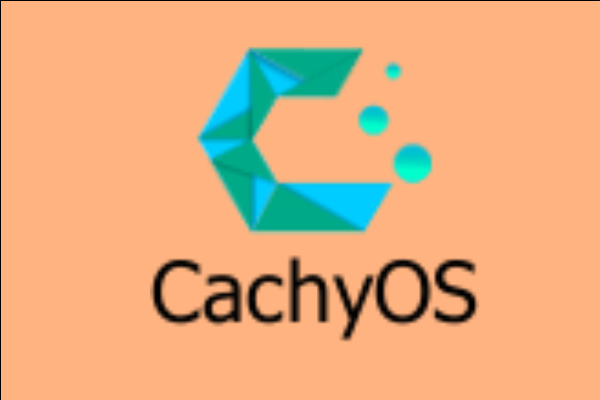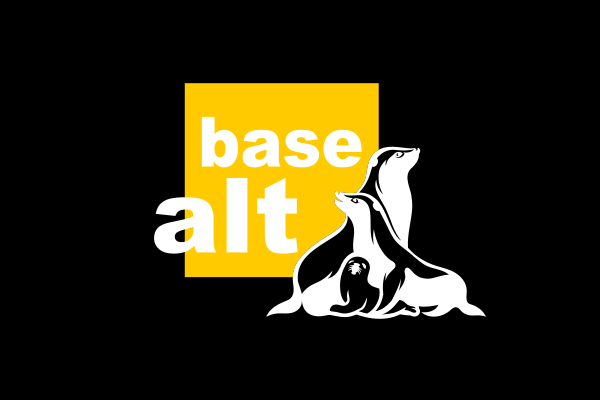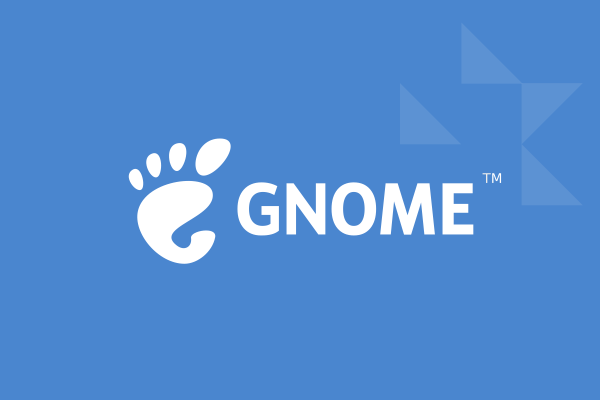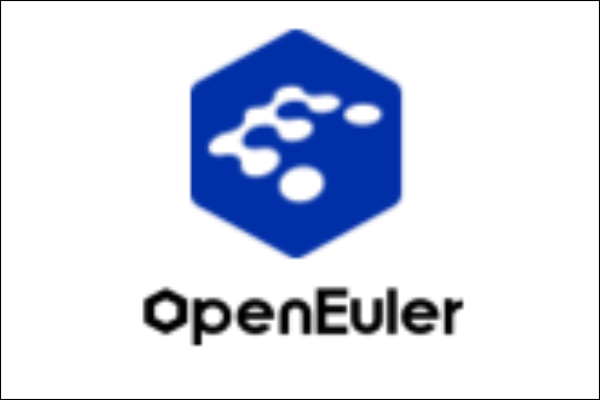In the world of Linux distributions, two main approaches dominate: on one side, stable systems that are updated infrequently but offer predictability and security; on the other, rolling-release distributions that provide the latest software at the cost of occasional instability. Rhino Linux aims to bridge this divide by combining the up-to-dateness of rolling releases with the stability offered by Ubuntu as its base.
The origin story of Rhino Linux is a notable one. It was started by a group of university student developers with the aim of creating an Ubuntu-based rolling release that adopts a philosophy similar to Arch Linux while retaining Ubuntu’s well-known reliability. A key component of this approach is Pacstall, Rhino Linux’s unique package management system. Much like Arch’s AUR, Pacstall allows for the straightforward installation and maintenance of community-driven packages on Ubuntu.
One of the most significant technical milestones in version 2025.3 is the debut of RPK2—a complete rewrite of the Rhino PKG package manager. Built on Nushell rather than Bash, this new system introduces a modern, more functional environment for managing software. Developers highlight improved performance and reliability as major advantages, while users benefit from detailed documentation that helps keep usage simple and accessible.

User experience has also received notable improvements with the introduction of the UBXI KDE Desktop, based on KDE Plasma 6. This environment provides an alternative to the well-known Unicorn Desktop and may appeal to users seeking a more modern and visually refined graphical interface.
Pacstall—the system’s core package tool—has also seen important updates. Features like viewing available upgrades without installing them, preventing selected packages from updating, and limiting builds based on kernel version give users greater control and flexibility. These enhancements are likely to be particularly valuable to developers and technically inclined users who require fine-grained control over their systems.
Broader system-level changes reflect the ongoing refinement of the project. Updated kernels tailored for Raspberry Pi and PINE64 platforms demonstrate Rhino Linux’s commitment to serving smaller, yet active, hardware communities. Meanwhile, ARM64 releases now ship with the upstream Firefox binary provided directly by Mozilla, and the more intuitive rclone-browser has replaced the older celeste-bin for file management tasks.

Among the most important announcements accompanying the 2025.3 release is Rhino Linux’s new official partnership with the UBports Foundation. This collaboration brings not only sponsorship but also a shared development roadmap. Rhino Linux will contribute to the continued development of Lomiri, the Qt6-based convergence desktop environment used by Ubuntu Touch. Beginning with version 2025.4, Lomiri will replace the Unicorn Mobile interface on PINE64 devices. This move brings Rhino Linux’s rolling, flexible update model into closer alignment with Ubuntu Touch’s read-only, LTS-based structure, and may lay the groundwork for a new kind of mobile Ubuntu experience.
At the same time, the latest release highlights one of the project's ongoing challenges: the need for sustainable growth. With many of the original developers having graduated or moved on to full-time work, the team is actively seeking new contributors to help with coding, testing, documentation, design, and community support.
























